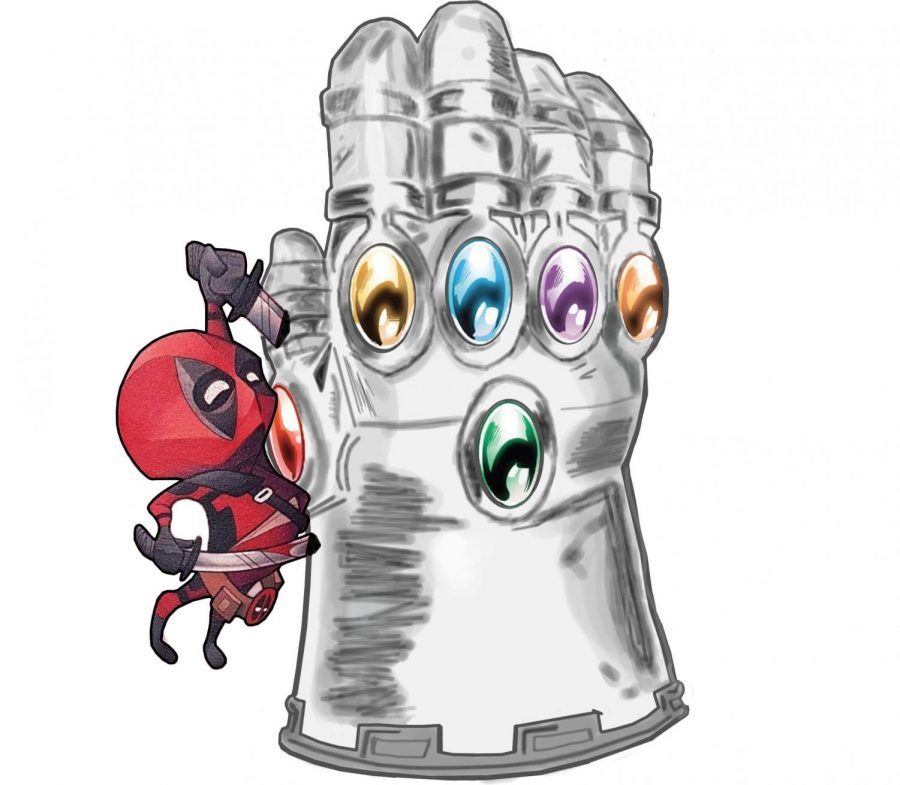It is safe to say that the influence of technology on society is rapidly growing and it plays a big part in our daily lives; especially that of teenagers. When you go anywhere, you can easily see teens glued to their phones rather than talking to one another. This behavior can be defined as technology addiction.
When teens experience stress, technology becomes a quick and easy way to fill basic needs. According to Dr. Brent Conrad, Clinical Psychologist for TechAddiction, describes the behavior of teens and young adults on the internet as FOMO, or Fear of Missing Out. This leads to youth feeling the need to be connected and be the first to find out about a story.
According to Rita Z.Goldstein and Nora D. Volkow from Nature Reviews Neuroscience, people who overuse technology may develop similar brain chemistry to those who are addicted to substances. Also, those who are addicted to technology are more likely to use substances than others with healthier relationship with technology.
According to Tucson.com, Dr. Scott Frank, an associate professor of epidemiology and bio-statistics at Case Western Reserve University School of Medicine, performed a study. He has proved that a group of teens who hyper-texted, sending more than 120 texts a day, were 40 percent more likely to have used cigarettes and twice as likely to have used alcohol than students who use technology less frequently.
Of course, technology has some positive things. Teachers use technology to communicate with his students and to keep their attention during class.
Technology has helped many teens to seek help when they do not feel comfortable sharing with an adult in person. Teens can easily use the internet to access help sites on sensitive topics anonymously. Not being afraid to talk to adults and professionals on the internet to get help and get treatments at an earlier stage can be beneficial.
But it is also important to have an adult that can guide teens away from getting addicted and help them to discover who they are.
To prevent more teens from getting addicted to technology and rather use the resource to one’s advantage, teens need to be able to find a balance. I encourage that teens find something in their life to relieve stress.
If you need help with addiction, feel free to call Substance Abuse and Mental Health Services Administration, 1-800-662-HELP (4357).










